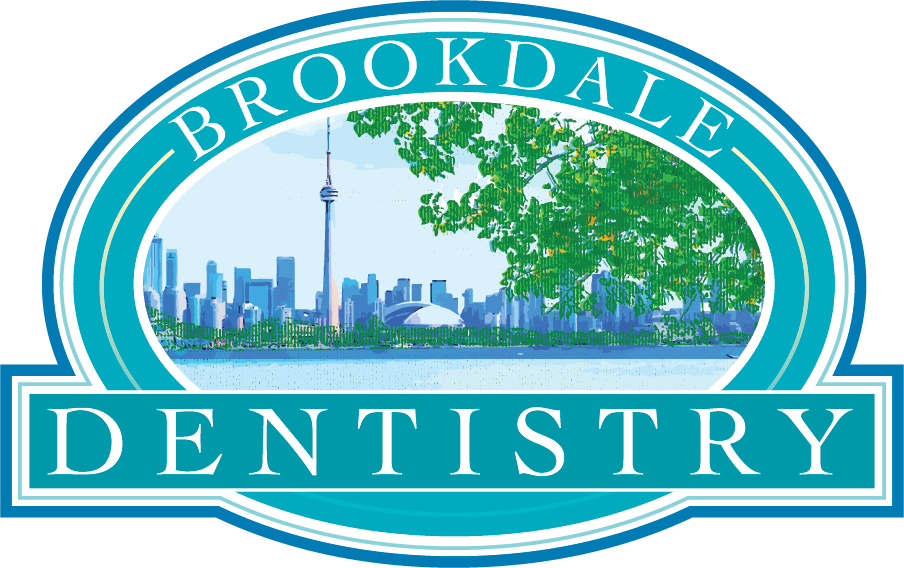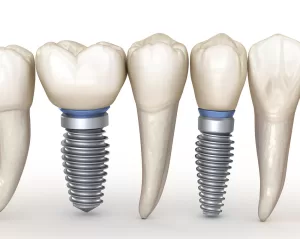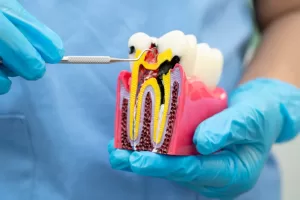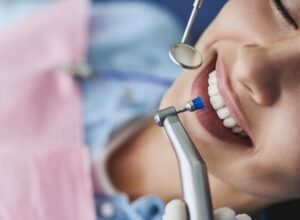Keeping a healthy smile is important at every age, but it can become especially crucial for older adults. As we get older, our bodies change, and our teeth are no exception. They may become more vulnerable to problems like gum disease, root cavities, and even tooth loss. We may get irritated by dry mouth and, we are more prone to oral cancer.
But don’t worry! You don’t have to accept a future filled with dental issues! Today, we will explore the top dental problems faced by older adults, explain what causes them, and most importantly, equip you with the knowledge and strategies to prevent them. By following these simple steps, you can keep your smile healthy and bright for years to come.
Gum Disease: A Top Threat
Out of all the dental problems older adults face, gum disease, also known as periodontitis, is likely the most common. It happens when plaque, the sticky film that builds up on teeth, isn’t removed properly. Over time, plaque hardens into tartar (calculus), which irritates the gums. This can cause the gums to become red, swollen, and bleed easily. If you leave it untreated, gum disease can damage the bone that supports your teeth and even lead to tooth loss.
Several factors increase the risk of gum disease in older adults. Dry mouth, a common side effect of many medications, can reduce the saliva’s natural cleansing effect. Additionally, receding gums, which can happen with age, expose more tooth root surface – an area more vulnerable to plaque buildup and decay. Regular dental checkups and cleanings are crucial to prevent and manage gum disease.
Root Caries: The Hidden Troublemakers
Root caries, also known as root decay, is another major dental concern for older adults. Unlike cavities on the crown (top) of the teeth, root caries develop on the exposed root surfaces. As we get older, our gums naturally recede, which can leave the roots more susceptible to damage. Unlike crowns, these roots don’t have a protective enamel coating, making them more prone to decay from bacteria.
Older adults are more likely to develop root caries due to various reasons. Dry mouth, caused by medications or aging, can weaken the mouth’s ability to fight bacteria. Receding gums also expose the roots, making them vulnerable. Moreover, certain medications or health conditions can affect the body’s use of minerals like calcium, which are crucial for healthy teeth. To prevent and manage root caries, regular dental checkups and proper oral hygiene practices, such as flossing below the gumline, are vital.
Tooth Loss: The Impact of Untreated Problems
Tooth loss is another common dental problem for older adults and it significantly impacts their quality of life. Although it may seem like a normal part of getting older, it is preventable in most cases. The main reason for tooth loss is gum disease, as discussed earlier. If gum disease is not addressed, it can harm the bone and tissue that support your teeth, eventually causing them to become loose and fall out.
Tooth loss can happen as a result of untreated tooth decay. Factors that increase the risk of tooth decay and, eventually, tooth loss include sugary foods and drinks, dry mouth, certain medications, physical injury, and past dental procedures.
The good news is that Taking care of your teeth by brushing, flossing, and visiting the dentist regularly can help prevent tooth loss. It’s important to address gum disease and cavities early to maintain healthy natural teeth.
Dry Mouth: More Than Just Feeling Parched
Dry mouth is another common dental issue affecting older adults. Dry mouth, or xerostomia, occurs when your mouth doesn’t make enough saliva. Saliva is important for maintaining oral health as it removes food particles, neutralizes acids that lead to cavities, and fights bacteria. With a dry mouth, you may experience stickiness and discomfort, and it can affect your ability to speak, swallow, and taste food.
There are multiple reasons why older adults may experience dry mouth. Medications used to treat high blood pressure, depression, and allergies commonly have dry mouth as a side effect. Medical conditions like Sjogren’s syndrome and diabetes can also influence saliva production. Age can also be a factor, as saliva production naturally decreases with age. Dry mouth symptoms can worsen due to dehydration from insufficient fluid intake.
If you’re dealing with continuous dry mouth, it’s important to seek advice from your doctor or dentist. They can help identify the cause and suggest solutions, such as changing medications, using artificial saliva products, or increasing your fluid intake.
Oral Cancer: Early Detection is Key
Oral cancer is not as common as gum disease or tooth loss, but it is still a worry for older adults. It can occur in various parts of the mouth, such as the tongue, lips, cheeks, and gums. The main cause of this type of cancer is tobacco use, including cigarettes, cigars, and chewing tobacco. Drinking alcohol excessively also greatly raises the risk.
In the past few years, the Human Papillomavirus (HPV), a virus transmitted through sexual contact, has emerged as a new risk factor for certain types of oral cancer, especially among younger adults. Nevertheless, older adults who have smoked or consumed excessive alcohol throughout their lives still face a greater risk overall.
Signs of oral cancer may not be obvious at first, but they can include mouth sores that don’t go away, lumps in the mouth or neck, unexplained bleeding in the mouth, and trouble swallowing or chewing. Regular dental checkups are important for catching it early, as dentists can check for oral cancer during routine exams. If you notice any changes in your mouth that last for two weeks or more, it’s crucial to see your dentist or doctor immediately.
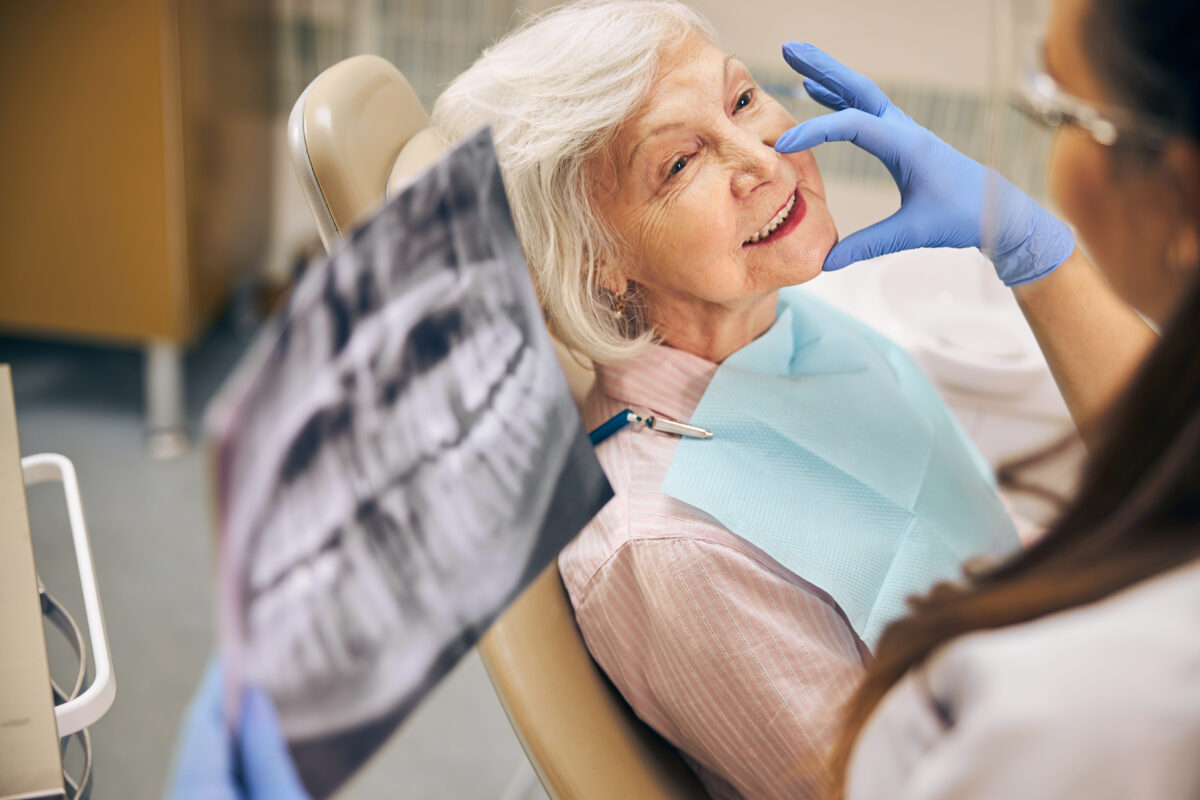
READ MORE: Emergency Dental Care At Brookdale Dentistry In Yonge St, Ontario
Prevention Plan: Winning the War Against Oral Problems
You might be wondering, “Now that I know these potential problems, what can I do to prevent them?” Remember, prevention is the best solution! Start taking care of your oral health today to avoid future issues.
Here are some key ways older adults can fight off common dental problems:
Brushing and Flossing:
This might seem obvious, but thorough brushing twice a day with fluoride toothpaste and flossing daily removes plaque, the sticky film that harbors cavity-causing bacteria. Pay extra attention to the gumline and between teeth, where plaque loves to hide.
Regular Dental Checkups:
Don’t skip your dentist! Regular checkups and cleanings allow your dentist to identify and address problems early on, before they become major issues. They can also offer personalized advice for your specific needs.
Healthy Diet:
Limit sugary foods and drinks that feed cavity-causing bacteria. Choose a balanced diet rich in fruits, vegetables, and calcium-rich foods like yogurt and cheese to keep teeth strong.
Dry Mouth Solutions:
If you experience dry mouth, your dentist might recommend artificial saliva products, sugar-free lozenges, or medications to stimulate saliva production. Staying hydrated by drinking plenty of water throughout the day is also crucial.
Smoking and Alcohol Cessation:
Smoking and excessive alcohol use are major risk factors for oral cancer and gum disease. Quitting smoking and cutting back on alcohol consumption significantly improves your oral health.
Denture Care:
If you wear dentures, clean them daily according to your dentist’s instructions. Soak them overnight in a denture cleanser and brush them gently to remove plaque buildup. Make sure your dentures fit properly to avoid irritation and sores.
The Bottom line
As we age, our dental needs change, but a healthy smile remains essential for overall well-being. By understanding common concerns like gum disease, dry mouth, and missing teeth, you can take proactive steps to maintain your oral health.
At Brookdale Dental, your trusted dentist in North Toronto, our experienced team is passionate about helping older adults achieve and maintain healthy smiles. We offer comprehensive consultations, preventive care, and advanced treatments, including dental implants for replacing missing teeth, Invisalign for discreet teeth alignment, root canal therapy to save infected teeth, sedation dentistry for anxiety-free procedures, and Wisdom Tooth Extraction when necessary, to address a wide range of dental concerns. Schedule an appointment today and let Brookdale Dental help you keep your smile bright and healthy for years to come!
